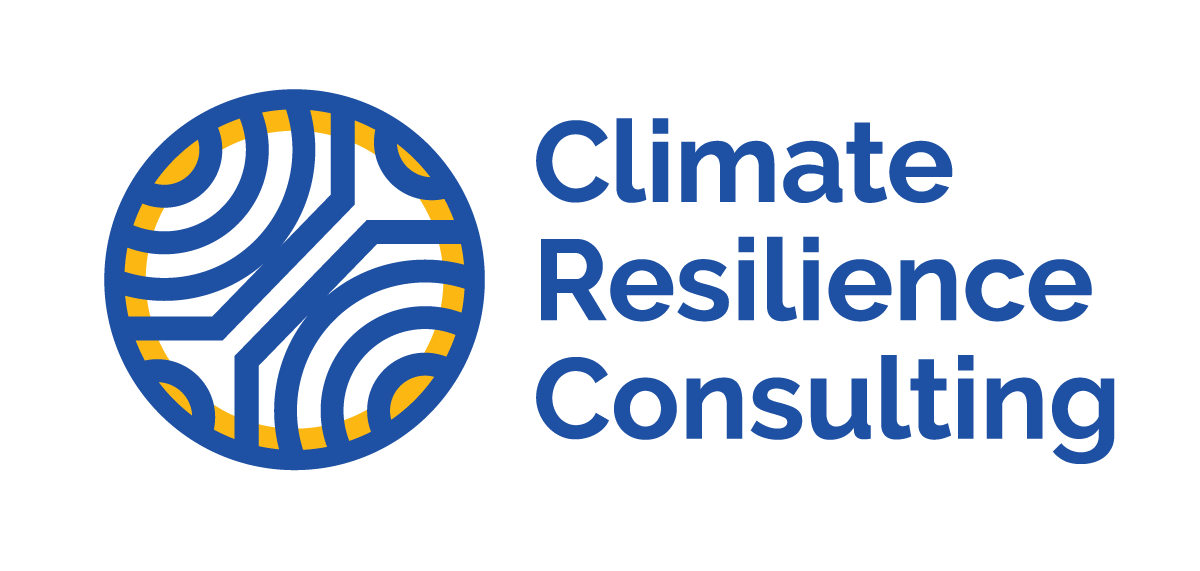Can Insurers Drive Corporate Climate Adaptation? It’s been a tough year for insurance companies: blizzards in the Midwest, fires in the Southwest, severe tornados in the Southeast, a damaging Oklahoma hailstorm and flooding along hundreds of rivers.
And it makes me ask: Can the insurance industry drive a change in corporate behavior toward climate adaptation? Judging from the September 2011 report, “Climate Risk, Disclosure by Insurers,” by the non-profit Ceres organization, the answer appears to be not yet. The report notes that information from a limited number of insurers responding to a National Association of Insurance Commissioners survey found that the vast majority (88%) don’t even have a climate policy, let alone specific climate change–management investment policies in place.
But a changing climate demands that insurers price physical risk differently and manage for those new liabilities that threaten their investment portfolios. The industry is focusing much of its attention on a narrow set of coastal risks, but as 2011 has demonstrated, extreme weather in the non-coastal U.S. is becoming costlier, too.
So what might it require for the insurance industry to change? Since every catastrophe leaves lessons learned behind, we could be moving toward greater awareness sparking changes in the insurance market. With each new extreme event, the disaster scenarios on which the industry models its risk become more realistic. And as a recent Bloomberg article makes clear, those models need to reflect a lot more than just wind, hail and water damage. They also should consider how communities tolerate risk and whether they invite it by allowing buildings to be sited in vulnerable locations.
That’s a concept that Swiss Re, which I consider a climate-adaptation leader, uses to manage its portfolio. Swiss Re now speaks about climate risk – not climate change – to reflect its understanding that when natural disaster destroys the built environment, it’s not nature’s fault. Rather, it’s ours for building in the wrong place, the wrong way. It maintains that the insurance industry should focus on “loss mitigation,” encouraging potential customers to keep their property from being destroyed in the first place. (and by the way, Swiss Re is also capitalizing on climate adaptation as an opportunity: They've developed tailored insurance products, including weather risk insurance, for rural poor in developing countries).
Let’s hope that its influence trickles down to the rest of the market.
